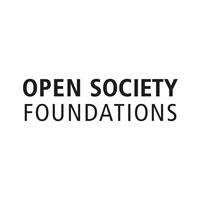Lviv BookForum 2022
Lviv BookForum will take place 6–9 October with all events available free to view here. Mixing acclaimed Ukrainian writers with world-renowned literary figures, the co-curated programme will share essential stories and facilitate a global conversation around the biggest questions of our time. Part of the UK/Ukraine Season of Culture devised jointly by the British Council and the Ukrainian Institute, the full programme is listed below.

